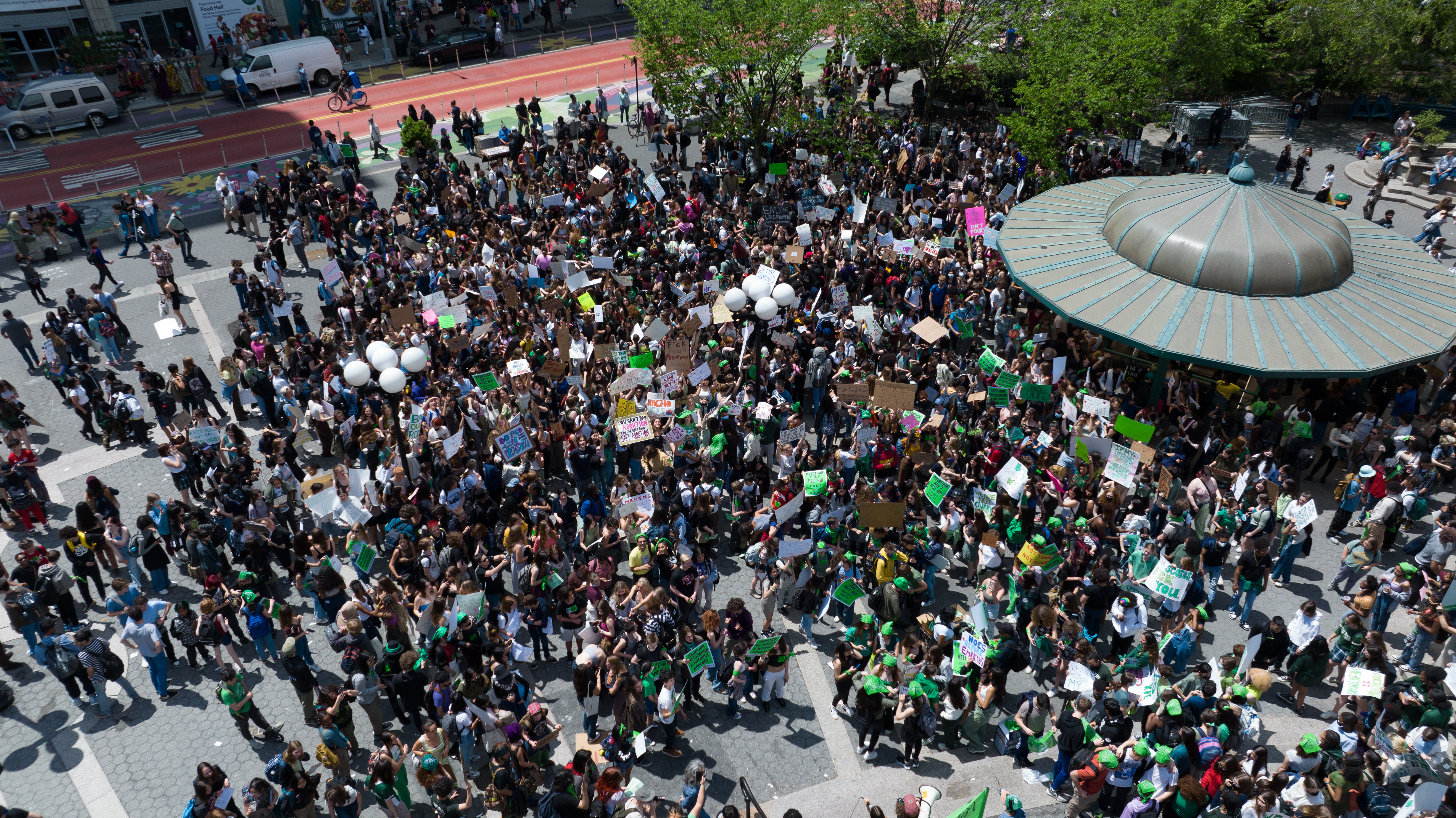Demonstrators facing down a Supreme Court decision that could overturn women’s right to an abortion planned rallies from coast to coast Saturday to express their outrage – and to mobilize for the fight ahead.
More than 380 events were planned from Maine to Hawaii, with the largest gatherings in big cities like Los Angeles, Chicago and New York City, organizers said.
In Washington, D.C., activists planned to gather at the Washington Monument before marching to the U.S. Supreme Court, which is now surrounded by a security fence.
Tens of thousands of people were expected at the “Bans off our Bodies” events, providing an outlet for anger and frustration for abortion rights activists after a leaked draft Supreme Court ruling suggested Roe v. Wade will be overturned.
States and the Department of Justice are waging court battles over the right to abortion that the Supreme Court outlined in Roe v. Wade. But in 1992, Planned Parenthood v. Casey, a key case that was less widely known, paved the way for some abortion restrictions – as long as they didn’t meet the definition of an “undue burden.” With help from Florida State law professor Mary Ziegler, we break it down in this LXplanation.
“If it’s a fight they want, it’s a fight they’ll get,” said Rachel Carmona, executive director of the Women’s March.
Polls show that most Americans want to preserve access to abortion — at least in the earlier stages of pregnancy — but the Supreme Court appeared to be poised to let the states have the final say.
If that happens, roughly half of states, mostly in the South and Midwest, are expected to quickly ban abortion.
The upcoming ruling stands to energize voters, potentially impacting the midterm elections.
Saturday’s rallies were being held three days after the U.S failed to muster up enough votes for a Senate bid to codify Roe v. Wade. Sponsors included the Women’s March, Move On, Planned Parenthood, UltraViolet, MoveOn, SEIU and other organizations.
Carmona said the fight will continue at polling places, demonstrations and other venues “until we have a full restoration of our rights.”
“It’s no exaggeration to say that for the women of this country, this will be a summer of rage,” she said.
If the leaked Supreme Court draft opinion overturning Roe v. Wade takes effect, it could also lead to tighter state restrictions on birth control, says Seema Mohapatra, law professor at Southern Methodist University.


